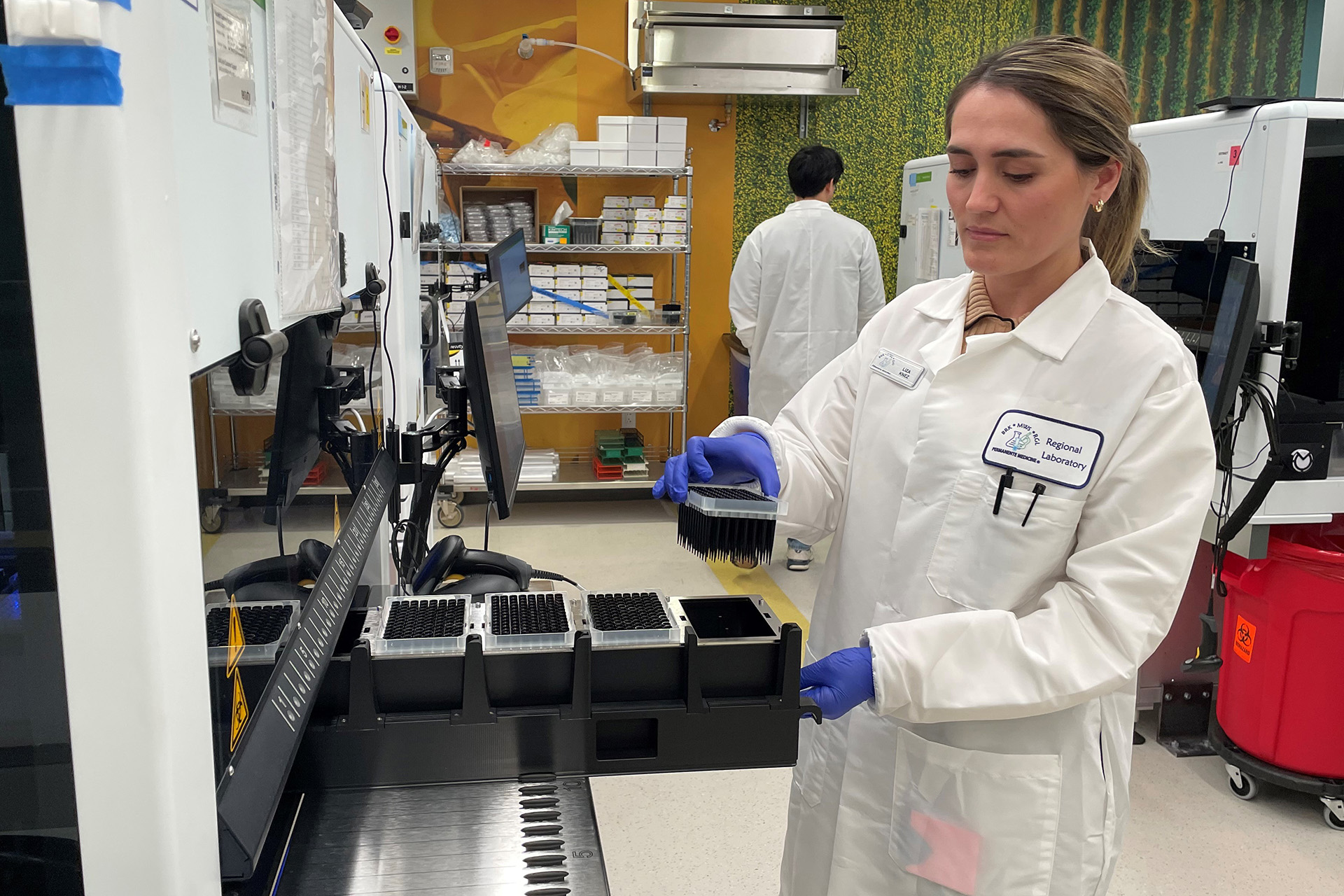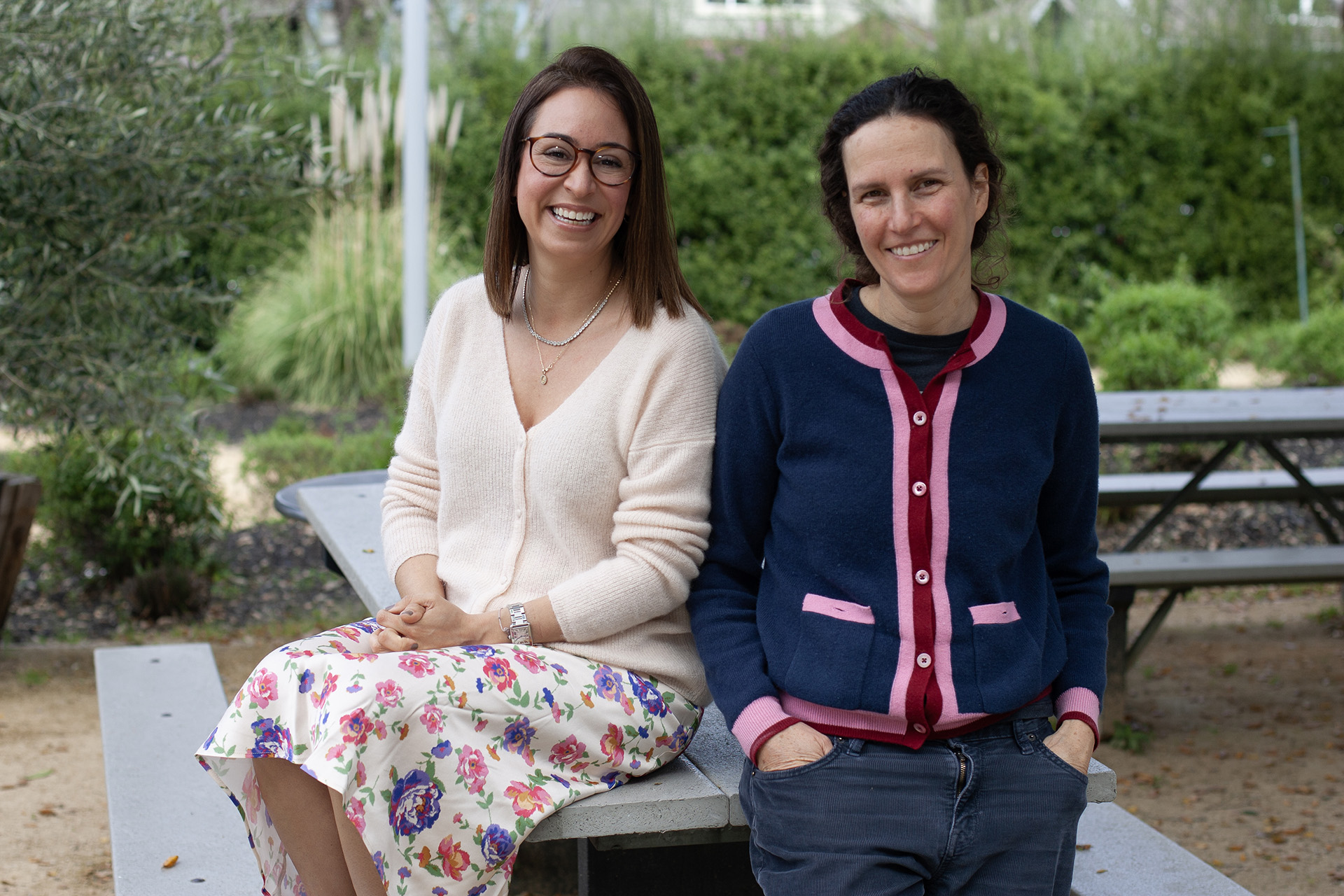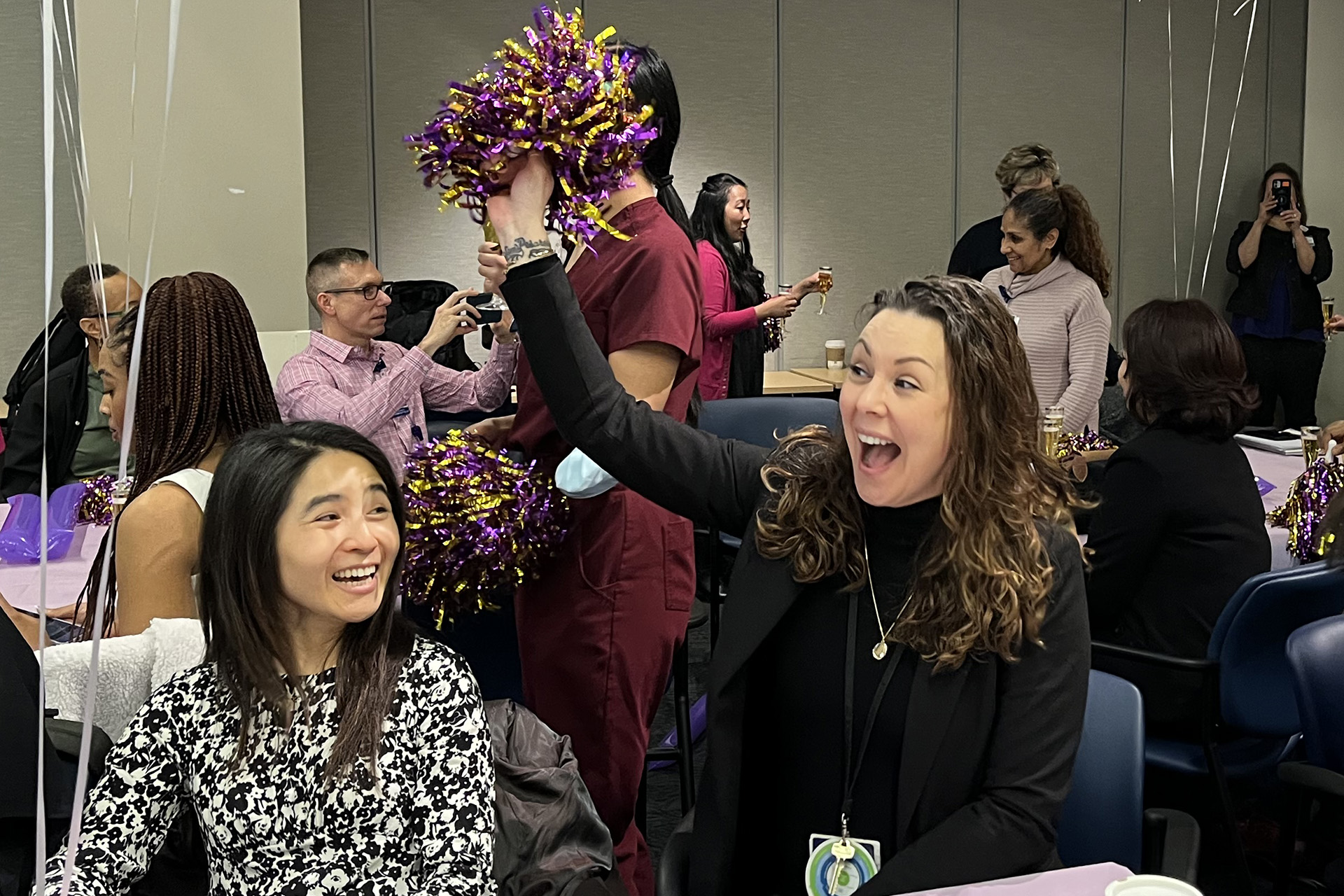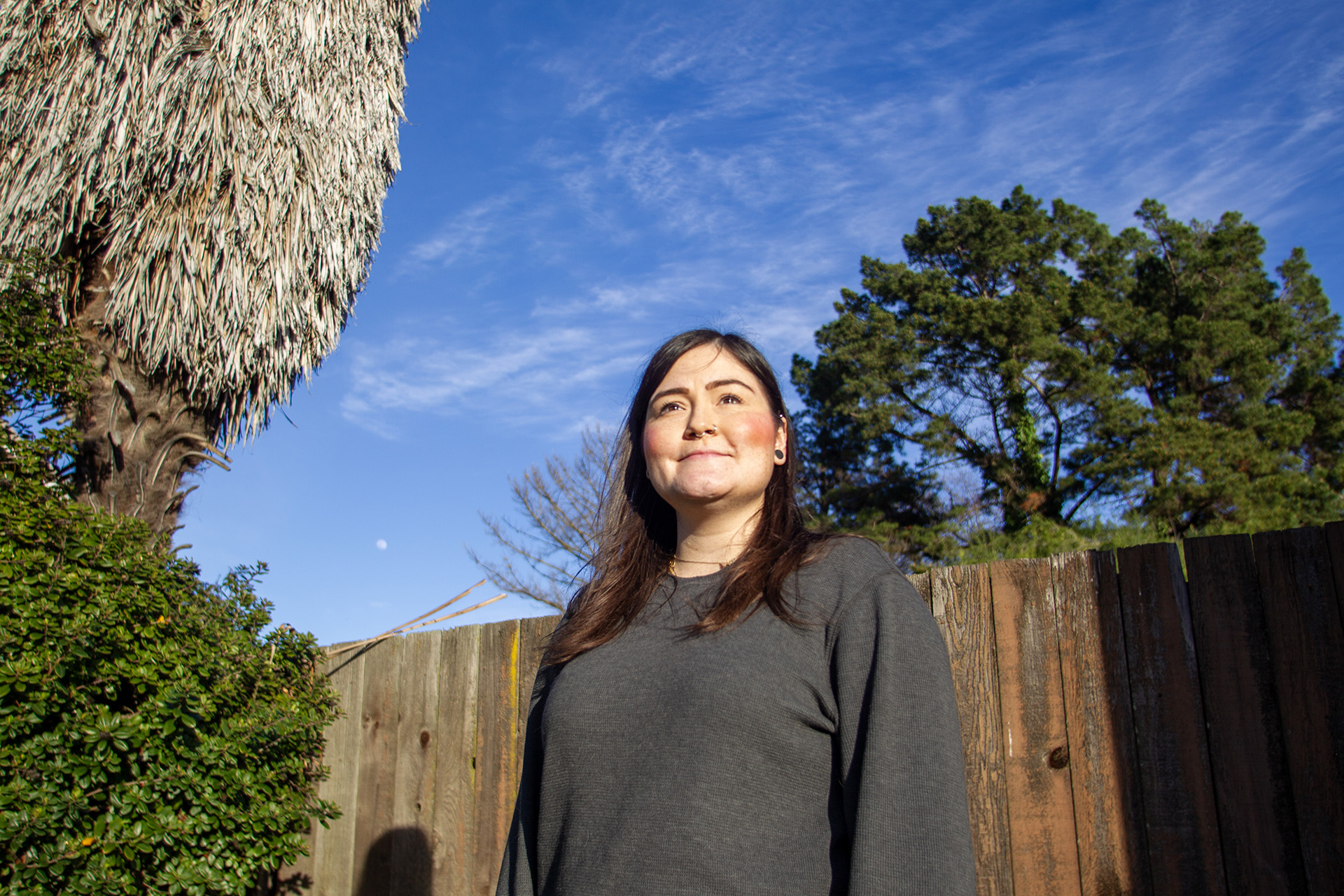People with substance use disorders sometimes find their addiction becomes the central focus of their lives, so that it’s hard to think about other important issues — such as getting a preventive health screening or a test to track a chronic illness.
To help these patients manage their overall health, Kaiser Permanente clinicians and researchers designed an educational intervention called LINKAGE. It includes 6 sessions to teach skills, such as effective communication with your primary care team and using a patient portal to track your health. Participants also have an assisted conversation with their primary care doctor.
Kaiser Permanente has recently begun offering a virtual version of the intervention to all patients in its addiction medicine and recovery service programs in Northern California, said Asma Asyyed, MD, KPNC chair of addiction medicine and recovery services. Up to now, LINKAGE has been limited to participants in a pilot program studying the program’s effectiveness.
“I have lost patients not only from their substance use, but from other chronic medical conditions that were aggravated by their substance use. For example, a diabetic not taking their insulin as recommended, and dying from diabetic complication,” Dr. Asyyed said. “If we can educate and encourage patients to maintain a relationship with their primary care physician and team, they are more likely to access preventive care and manage health issues before they become life-threatening.”
One important skill taught during the intervention is how to get past the real or perceived stigma of being in addiction treatment, said Sarah F. Cunningham, PsyD, who manages the LINKAGE intervention program.
“If we can educate and encourage patients to maintain a relationship with their primary care physician and team, they are more likely to access preventive care and manage health issues before they become life-threatening.” — Asma Asyyed, MD
“Many of our patients have told us they feel it’s hard to engage in medical care or preventive care because of the stigma that’s often associated with substance use disorders,” she said. “Some have said it’s been life-changing to have a supportive place where they can share about experiences they have had in the medical system and create a plan to move forward and address medical or mental health symptoms that have been affecting them for a long time.”
Better managing overall health can also reduce the chance of a substance use relapse, Cunningham said.
Research shows it works
The patient activation curriculum was developed by a team led by Kaiser Permanente Northern California Division of Research (DOR) investigators Stacy Sterling, DrPH, MSW, and Constance Weisner, DrPH, MSW. They published a 2016 JAMA Psychiatry study that reported positive short-term benefits to patients, such as greater use of the online patient portal, more abstinence from substance use, and greater likelihood of talking with a primary care provider about substance use.
A new 5-year follow-up study led by Esti Iturralde, PhD, a DOR research scientist, and published in JAMA Network Open, found patients who received the intervention were more likely to use primary care and less likely to go to the emergency department with a substance-related problem.
Iturralde said it was gratifying that the study found long-term benefits from helping patients learn to manage their health and engage with the health care system. “I was happy to see lasting effects from a relatively brief intervention that takes place over 6 weeks,” Iturralde said. “It really makes a difference to activate patients, to give them tools they can use for the rest of their lives.”
That’s important to this group of patients, because a substance use disorder is a chronic illness, similar to diabetes or hypertension, that must be managed for life, Cunningham said. And that is best done with the help of both the addiction medicine and primary care teams. “We want our patients to have the knowledge, skill, and confidence to address any medical concerns in primary care,” she said. “So that 5 years down the road, if their substance disorder symptoms re-emerge, they have teams of support in place to help them address them.”





This Post Has 0 Comments